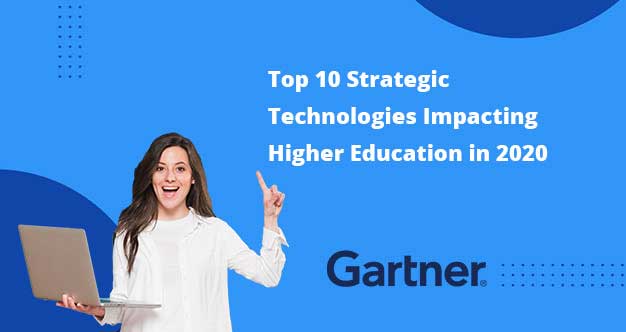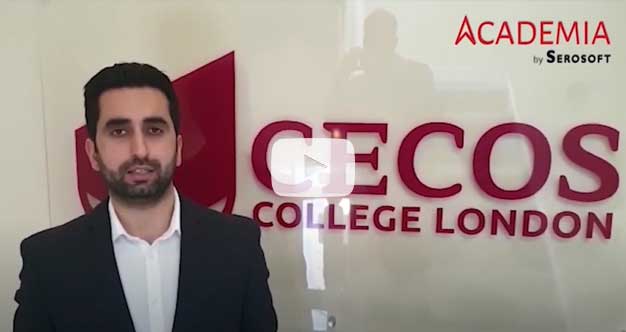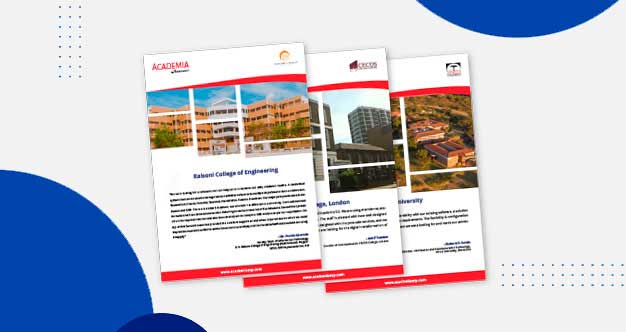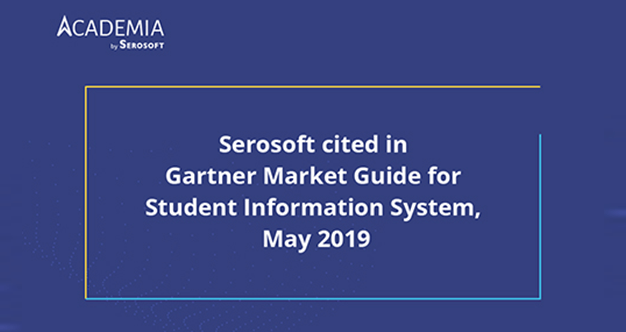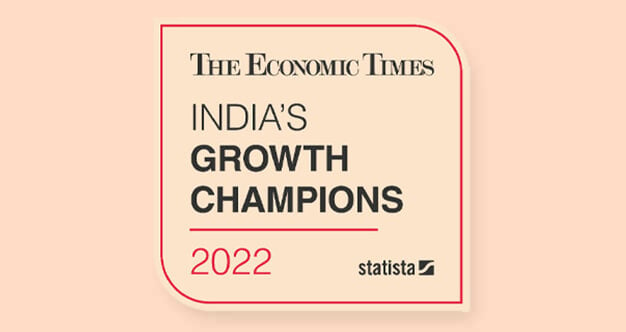Overcoming the Challenges of Implementing Outcome-Based Education
In the ever-evolving realm of education, Outcome-Based Education (OBE) has emerged as a progressive approach emphasizing students’ mastery of subject matter. With its focus on student learning outcomes, OBE aims to ensure that students gain the necessary skills and knowledge to be successful in their chosen paths. However, as with any educational reform, implementing OBE presents its unique challenges. This blog post explores ways to overcome these obstacles and adopt OBE in educational institutions.
One of the most significant challenges of implementing OBE is the shift in educational philosophy it requires. Traditional education models are primarily teacher-centered, while OBE is student-centered. Transitioning from a teaching focus to a learning focus requires a significant shift in mindset from educators, students, and parents. Overcoming this challenge involves continuous professional development for teachers to understand and embrace the OBE approach. It also necessitates clear communication with students and parents about the benefits and expectations of OBE.
Another hurdle is the development of a suitable curriculum that clearly outlines the desired outcomes. Unlike traditional curriculums, which focus on what educators will teach, OBE curriculums are centered around what students are expected to learn and achieve. Designing such a curriculum requires careful consideration and alignment of content, instructional strategies, and assessments with the intended outcomes. Institutions can overcome this challenge by involving all stakeholders in the curriculum development process, including educators, students, parents, and even employers.
Assessment is another area where OBE diverges significantly from traditional education. OBE demands a more comprehensive and continuous assessment approach, focusing on demonstrating mastery of skills rather than rote memorization. Traditional assessments, like multiple-choice tests, may not be suitable for OBE. Instead, assessments should be project-based, allowing students to demonstrate their understanding and application of knowledge in real-world contexts. Training educators in these new assessment methods and communicating the purpose and benefits of these assessments to students and parents can help overcome this challenge.
Finally, implementing OBE requires sufficient resources, including time, technology, and training. Teachers need time to plan, develop, and assess OBE curriculums. Schools may also need to invest in new technologies and training to support OBE. Overcoming this challenge requires careful planning, budgeting, and potentially seeking additional funding sources.
As we navigate the challenges of implementing OBE, technology can be a powerful ally. A robust Education Enterprise Resource Planning (ERP) system like Academia ERP/SIS can streamline and automate many OBE processes. Academia ERP/SIS offers curriculum management features that allow institutions to align content, instruction, and assessments with desired learning outcomes. Its advanced assessment tools support various assessment methods, including project-based assessments, making it easier for educators to assess student mastery of skills. Furthermore, the system’s reporting and analytics features provide valuable insights into student performance, helping institutions continually refine their OBE implementation.
In conclusion, implementing Outcome-Based Education may be challenging but not insurmountable. With the right mindset, strategies, resources, and technological support like Academia ERP/SIS, educational institutions can successfully transition to OBE and pave the way for a more relevant, engaging, and practical education for all students.
Below, you’ll find a selection of screenshots from the Academia ERP/SIS system. These images illustrate how its various features can significantly enhance the implementation and effectiveness of outcome-based education.
-
Academia ERP OBE Options

-
Complete Management of Program and Course Outcome
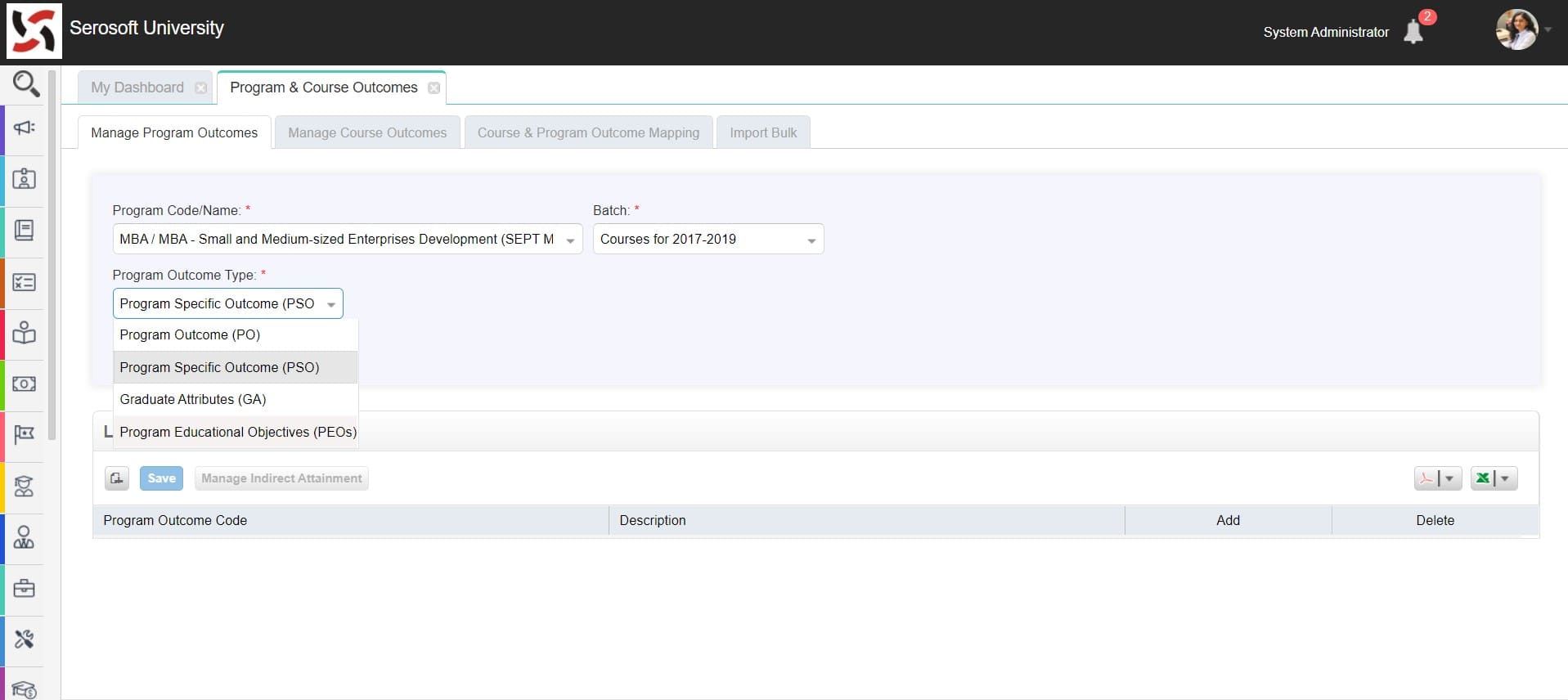
-
Direct PO Attainment Report:
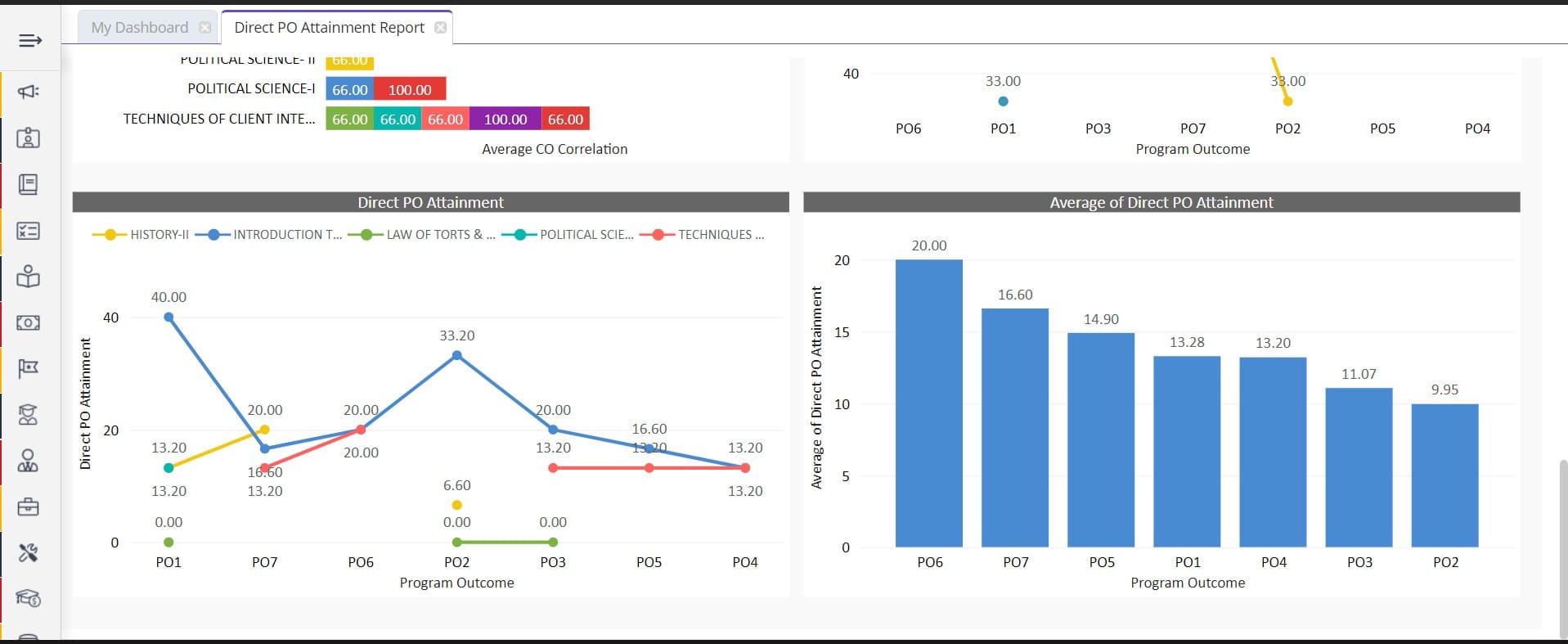
-
CO Attainment Report:
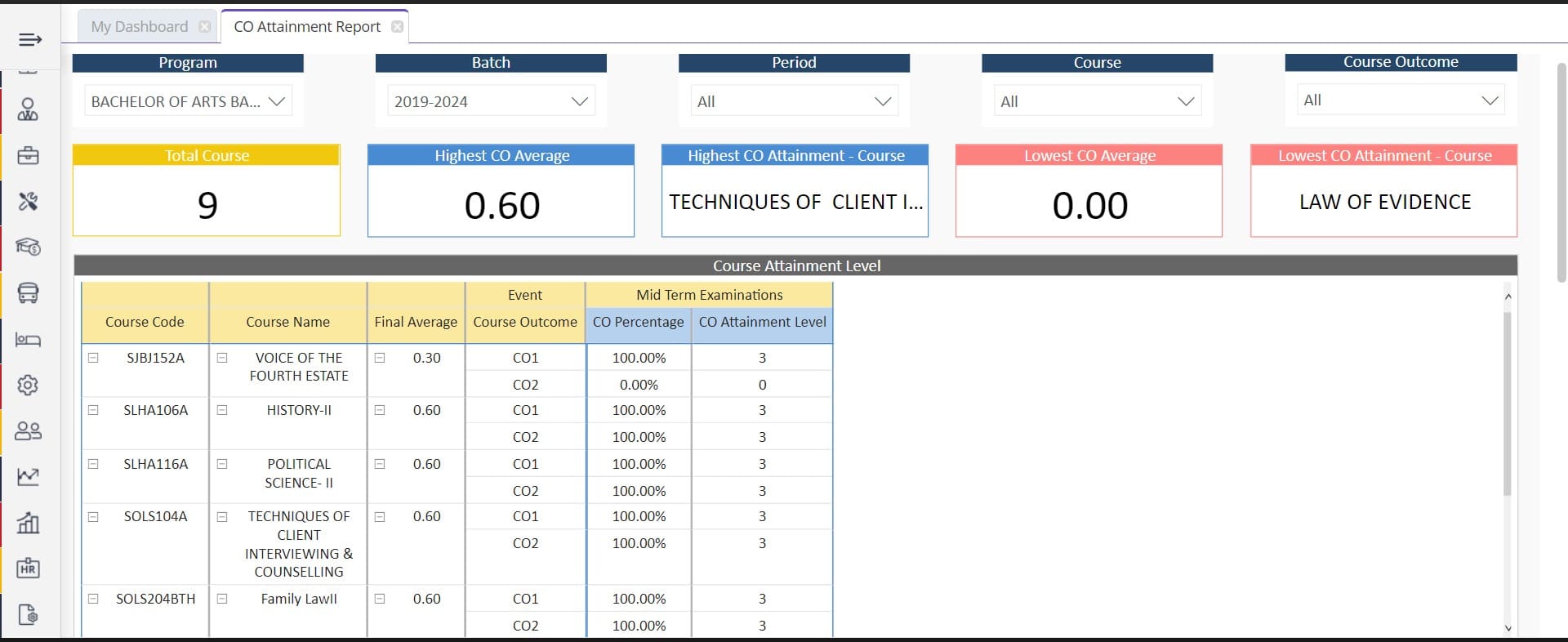
-
OBE Event Level Report:
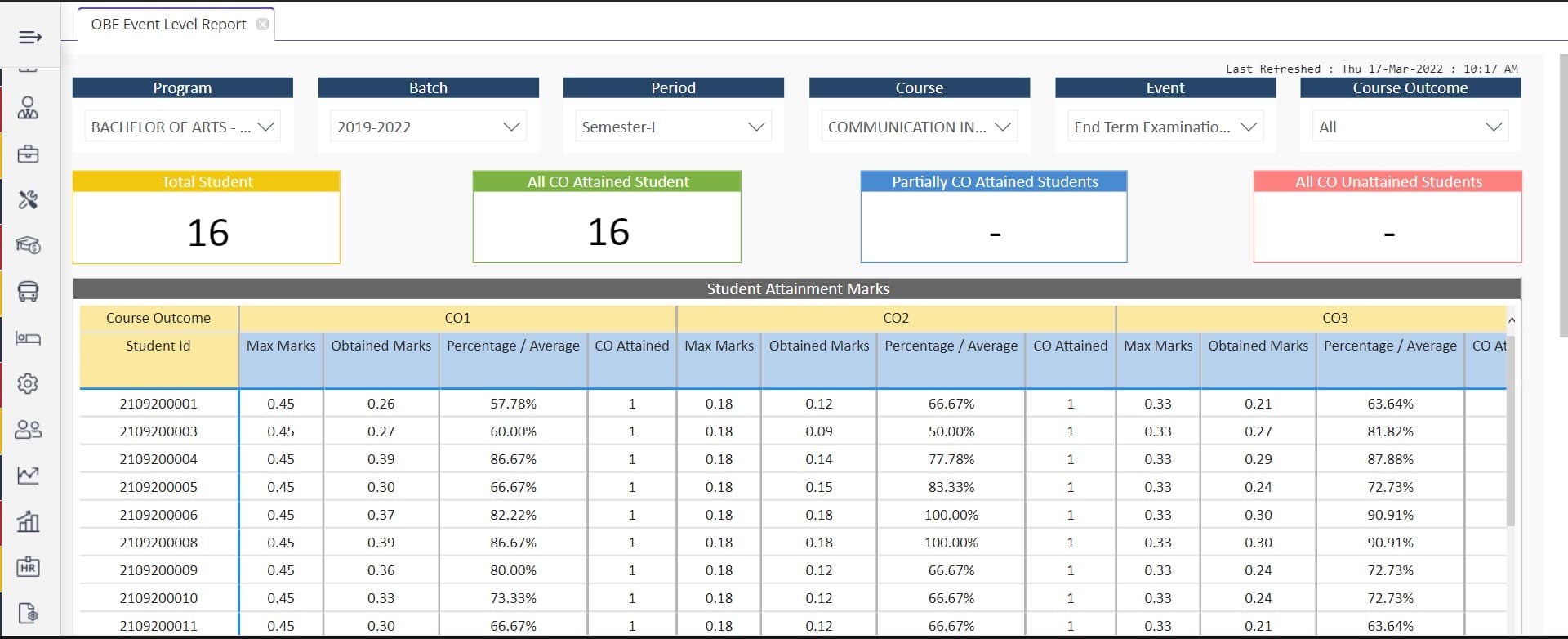
Discover more about the process of OBE implementation and how Academia ERP facilitates its successful execution. To gain a comprehensive understanding, we invite you to request a personalized demo.
Related posts:
 Higher Ed Plans
Higher Ed Plans K12 Plans
K12 Plans
